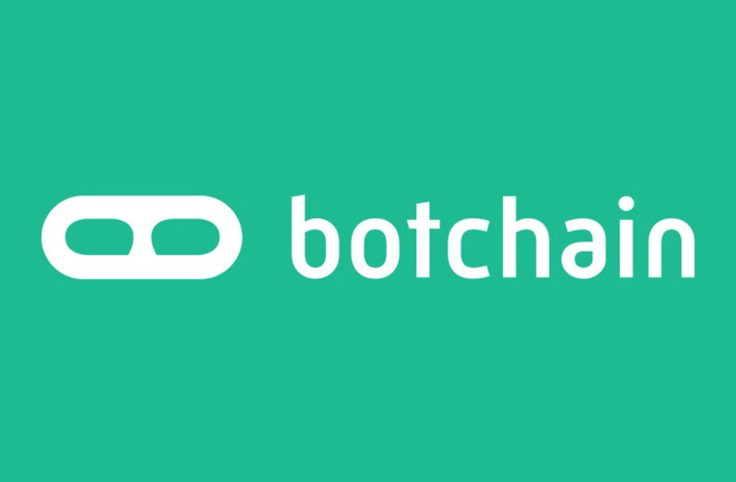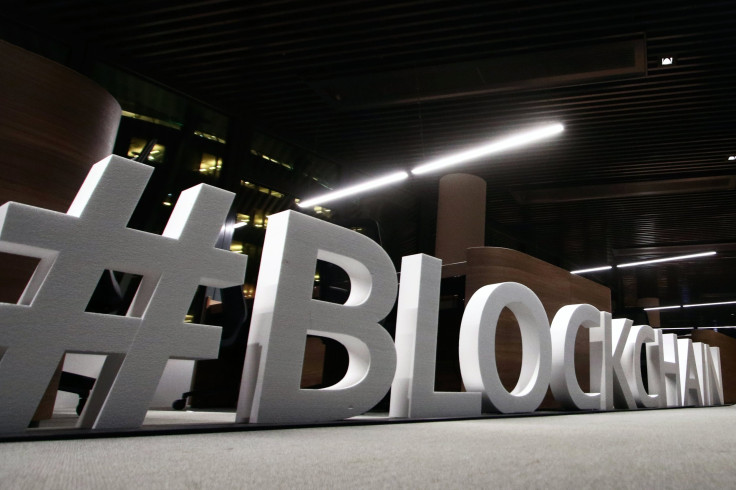Botchain Aiming to Set the Standard For Bot Security

The alert you get on your phone when a package is delivered or text you receive from your bank when a purchase was made online isn’t being sent by a human. A machine, an artificial intelligence bot is sending you that message. And when you view it, there is no marker or badge to prove it was sent from a verified source.
That’s where, in theory, a new decentralized blockchain platform called Botchain comes in. Its developer’s idea is that every bot has a certificate of ownership, similar to how you can check the SSL verification of a website.
“It’s an emerging problem. It’s not a hair on fire problem today,” Rob May, CEO of Talla Inc., the developer of the Botchain platform, told International Business Times, “but it’s a problem that people in the industry are really aware of.”
The problem May is speaking of is certification of bots. Today when someone clicks on a link sent by a bot it could just as easily come from a spammer sending a phishing link as from a trusted publicly traded company.
Botchain would provide a platform for verifying identity and allowing for audits of artificial intelligence systems. The goal is to set the standard for bot compliance and also control the boundaries of their autonomy.
May’s Botchain, which is still in the process of raising capital, used the decentralized technology of blockchain to create an open source protocol for all companies to use. Allowing competitors to freely use your creation isn’t a revenue deterrent, but a way to build up the entire industry he said.
“If we are going to do this for bots, should a single company own it? If you’re going to have this giant registry that all the bots participate in should Amazon own it, should Facebook own it,” May asked. “I would prefer that that not be true. I would rather it be a decentralized [community.]”
But how can you make money off something you allow your competitors can use for free? May said look to Bluetooth. When Ericsson created Bluetooth, May said, “they sort of spun it out as its own protocol that anybody can use.” Now it’s the short-range wireless technology standard for sending data. He thinks Botchain has the same potential to change an industry.
“That’s what we are doing with Botchain,” May said. “It’s less a company and more an open source protocol that we launched for our own needs… Talla can go away tomorrow and Botchain would still live on.”
And botchain’s openness will only lead to increased revenue for its existing products.
“We make money by integrating it into our core products. The core product of Talla is an AI powered knowledge base and you can partition off pieces of the knowledge base to be bots and automate things,” May said. “So we can sell more into higher end enterprises if we have Botchain functionality.”
Botchain is mostly generating capital with private markets but is slowing testing the public markets. “There’s a total of about $20 million of tokens available to sell and my guess is it takes us through middle of next year to sell all of those,” May said. Gary Miller of GB Capital Markets Inc., a financial advisor to Talla and a firm focused on the blockchain and digital assets space, believes that the Botchain story will resonate well with investors, noting, “bots are here and more are coming. Many investors care about important foundational infrastructure that supports new technologies, something as fundamental as a bot identity registry in the case of Botchain. When interacting with artificial intelligence agents it’s important to know and trust where they are from and who is behind them.”
May said the initial market cap, if it does an ICO in Q4 2018 or Q1 2019 would be in the $80 - $100 million range based on the 19 partners he said have signed on so far. He said that if all partners were 100 percent rolled out, “which as of right now nobody is rolled out,” that those partners would reach 400 million end users, 50,000 developers and billions of bot transactions per month. That is “probably a 12-18 month project.”
Botchain isn't open to the public yet, it's only open to its two "key integration partners," Gupshup and Botkit, but May expects the project to become more public next year.

© Copyright IBTimes 2024. All rights reserved.





















